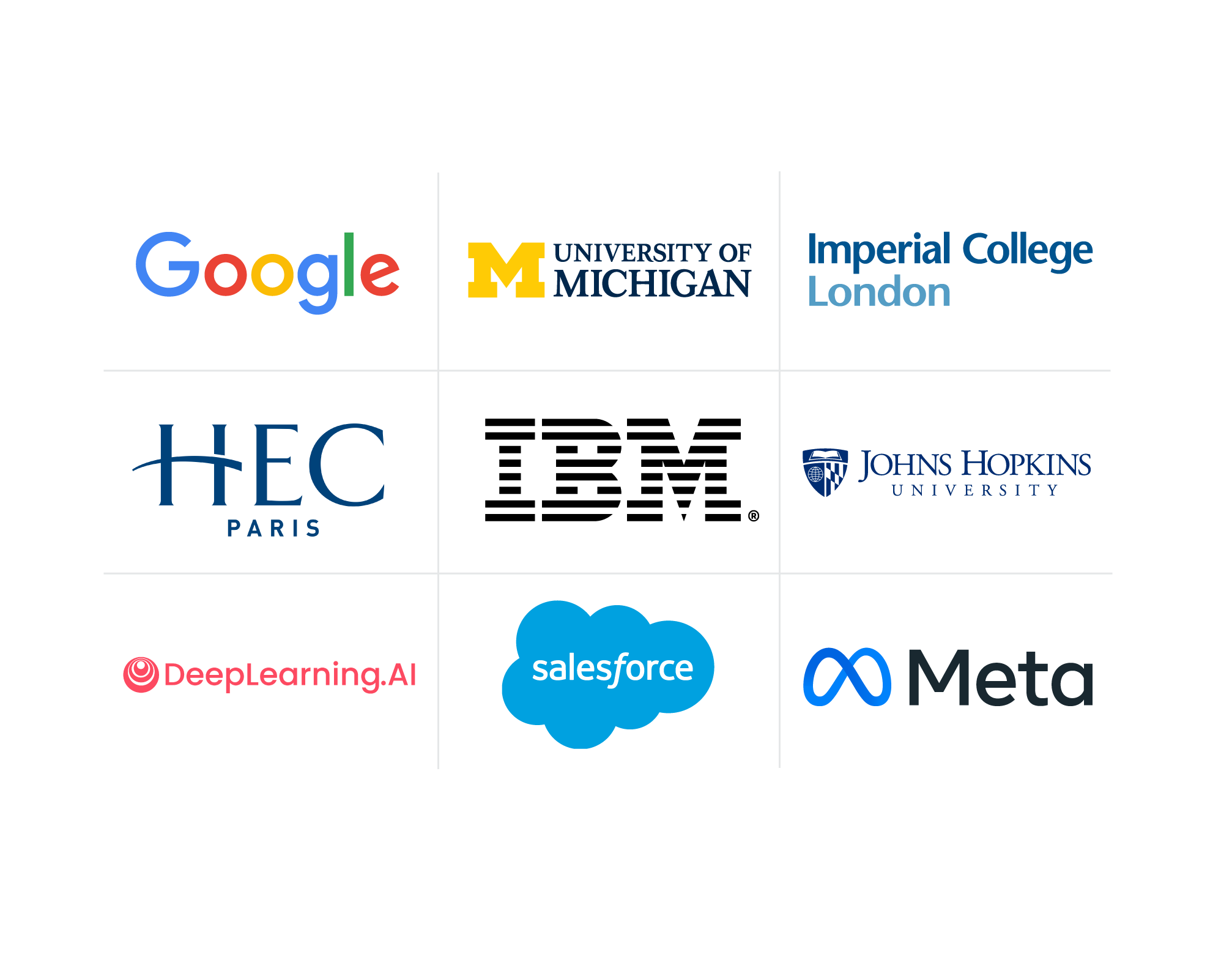What Is Talent Transformation and Why Do You Need It in 2026?
Talent transformation means upskilling your employees and fostering a culture of learning in your workplace. It's an excellent way to retain talent and stay competitive in the modern world of work. Keep reading to learn more about talent transformation.
![[Featured Image] A man sits in at a desk in an open office.](https://d3njjcbhbojbot.cloudfront.net/api/utilities/v1/imageproxy/https://images.ctfassets.net/2pudprfttvy6/49tRZyR8R9nR5Kj8aU8Hhc/297b53a5aa155d53ae95c4ad3109f4db/GettyImages-1132115719.jpg?w=1500&h=680&q=60&fit=fill&f=faces&fm=jpg&fl=progressive&auto=format%2Ccompress&dpr=1&w=1000)
Today's employees crave more than just the basics of a good salary, and many are making changes to achieve more happiness in their jobs, whether that means finding a new career, working a remote or hybrid schedule, or seeking a company with a more positive culture and more growth opportunities [1]. To keep up, one of the best things you can do for your organization right now is invest in talent transformation, no matter the size of your business or your industry.
What is talent transformation?
Talent transformation is the process of upskilling your current workforce to ensure you have talent agility prepared for the future and foster a learning culture within your organization. This means providing opportunities for your staff to learn new skills so that they're ready to tackle new technology, can handle new responsibilities, and are more innovative and productive, all of which can benefit your company. It also means allowing your employees to grow within your organization, which creates a mutually beneficial relationship.
Upskilling is the process of learning new skills that help an employee succeed at your company and in their career. The more relevant skills a person has, the more valuable they can be to your organization.

A learning culture occurs when your company's leaders and managers prioritize talent development and inspiring their workforce to take part in continuous educational opportunities. Education, knowledge, and learning new skills are all valued and rewarded.
Talent agility simply means that your staff is well-prepared to respond to anything that comes their way, whether it's incorporating new technology, producing a new product, or facing a worldwide pandemic that changes the way they work. They have the human and technical skills, as well as the confidence that comes with honing those skills, to shift and change as necessary.
Talent transformation vs. talent training
Talent transformation and talent training are both part of talent management, but they have some differences. Talent training is the actual training activities in which employees might participate, like seminars, workshops, and lectures. Talent transformation encompasses those activities, but it might also include coaching, mentoring, new on-the-job experiences, and working with employees to help them discover their goals and untapped talents.
How does talent transformation benefit your company?
Talent transformation is beneficial for employees who want to grow their careers, but it's also beneficial for your organization in many ways. For example, offering talent development programs can help your company attract high-quality employees and lower your turnover rates. Some other benefits might include:
Closing the skills gap that may exist within your workforce
Increasing productivity among your employees
Improving talent mobility within your organization
Growing employee engagement
Standardizing employee training and education for future hires
Building confidence in your employees
Identifying and fostering untapped talent
Remaining competitive in your industry
Preparing your organization for the future

Why talent transformation helps you attract and retain employees
One of the most important reasons why companies implement talent transformation programs is that they help attract high-quality employees and retain current employees. In 2023, the talent shortage is worse than it has been in years, with 77 percent of employers admitting they have trouble finding workers [21]. While a skills gap is partially responsible for that, another factor that plays into it is that employees want more from their employers.
Employees want to work for places that prioritize factors like:
Access to learning and development opportunities
Skills development
Transfer in leadership
Fostering career growth
Hybrid working environments
Emphasis on employee well-being
Personalized approaches to talent transformation
Building a multi-generational workforce
What industries can benefit from talent transformation?
All industries can benefit from talent transformation, especially those that work with technology or require digital talent. According to PluralSight, most technologists feel they need more confidence in their skills in areas like software development, cloud, data science, and cybersecurity [3]. As a matter of fact, the need for workers with strong cybersecurity skills is also on the rise, largely due to the rise in cyber attacks in recent years.
The manufacturing industry, which took a big hit during the COVID-19 pandemic, is another place where the need for talent transformation is strong. Much of this has to do with manufacturers' desire to become more competitive, build steadier supply chains, and embrace digitalization.
Advancements in technology impact the availability of talent in the health care industry as well. As companies merge and medicine advances, the need for agile talent is prevalent.
How to start a talent transformation development program
To implement talent transformation and development in your workplace, you must have the support of both leadership and stakeholders, which includes your employees. Define your organization's goals and the skills needed to meet them so that you can create a program that fits those needs.
Talk to your employees about their personal strengths and needs and their career goals. You can determine where the needs of your organization and those of your employees overlap and start there. Also, offer personalized programs for individuals or small groups, like coaching and mentoring. Be transparent about what you're doing and remove any barriers your workers may face.
Be sure to reward and recognize employees who do take part in talent training and development programs. Finally, evaluate the program's outcomes to see if they align with your goals and make adjustments as necessary.
Getting started with Coursera
Let Coursera for Business help you implement talent transformation at your workplace, reduce training costs, increase employee retention rates, and improve productivity.
You'll find many courses that help staff members learn important workplace skills offered by institutions from all over the world, such as Introduction to Project Management offered by IBM, Decisions, Decisions: Dashboards and Reports offered by Google, and Teamwork Skills: Communicating Effectively in Groups offered by the University of Colorado at Boulder.
Article sources
CoachHub. "Talent and Workforce Transformation." Accessed October 22, 2023.
This content has been made available for informational purposes only. Learners are advised to conduct additional research to ensure that courses and other credentials pursued meet their personal, professional, and financial goals.

